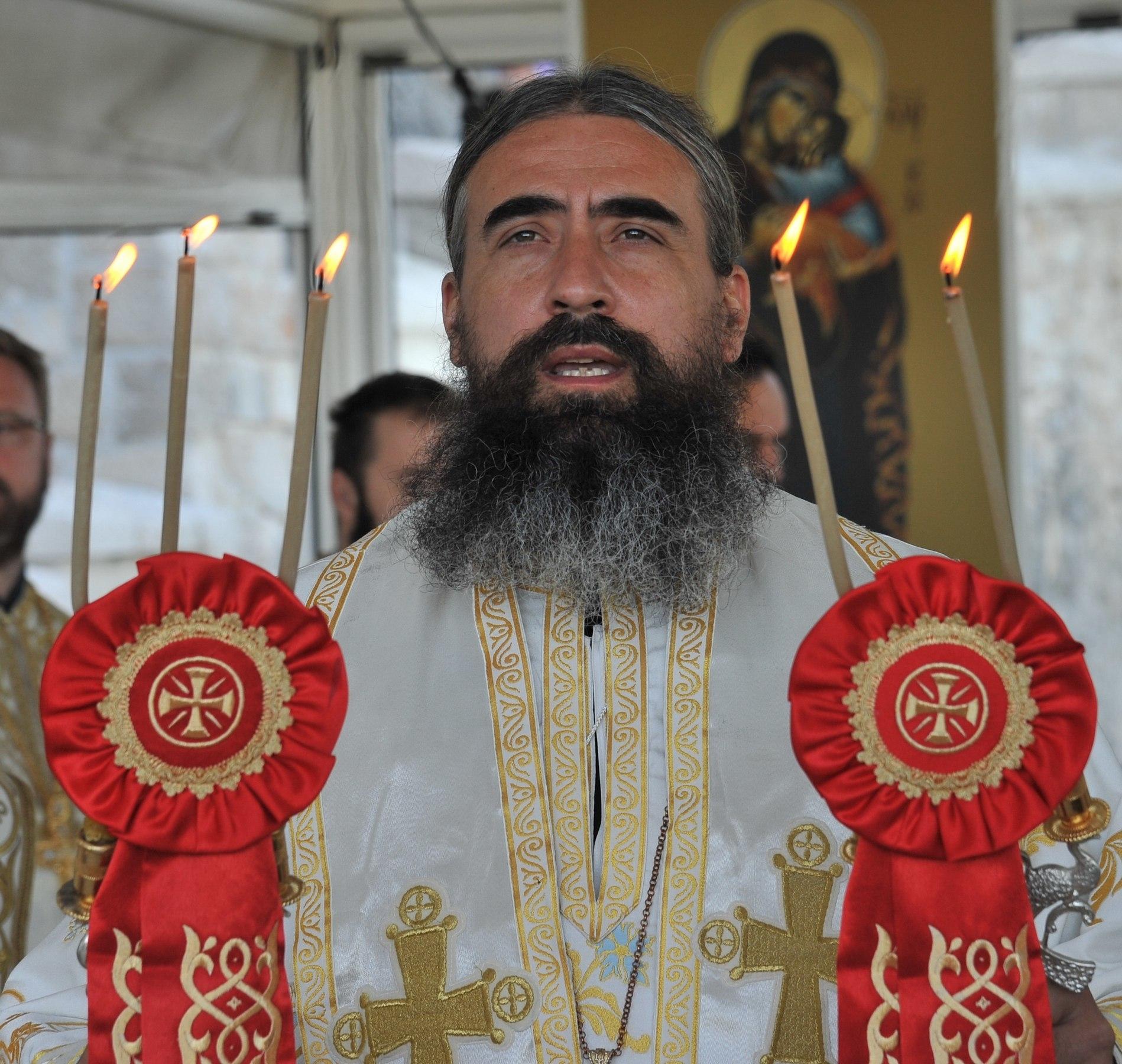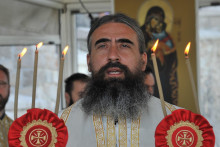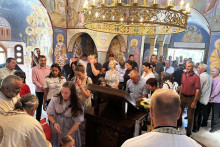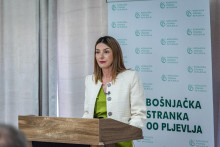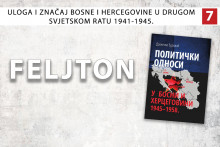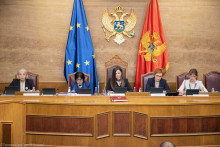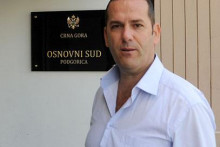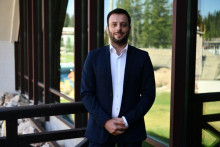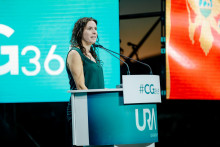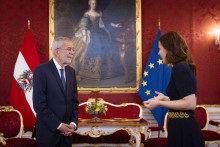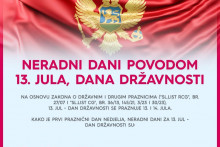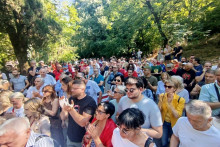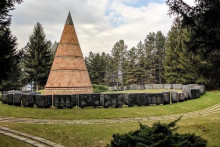Metodije Under Investigation: Serbian Orthodox Church Faces Political Persecution in Montenegro!
Is freedom of speech dead in Montenegro? The Metropolitan of Budimlja-Nikšić, Metodije, has found himself at the center of a scandal due to statements he made during a liturgy at the Podmaine Monastery on June 7 this year. He is accused of glorifying the Chetnik movement and its commanders, and calling the post-war system in the former Yugoslavia a “Titoist-Ustaša coalition” responsible for genocide against the Serbian people.
What Did Metodije Say?
Metodije claimed that Chetnik commanders like Dragoljub Draža Mihailović and Pavle Đurišić were the first guerrillas against fascists and the greatest heroes of World War II, while simultaneously denying the historical context of their war crimes. He also called Josip Broz Tito “the greatest monster” and disputed that Tito is a state symbol of Montenegro, which sparked a storm of reactions.
Criminal Complaint and Defense
A criminal complaint was filed against Metodije by the NGO Center for Civic Rights for glorifying the Chetnik movement. The Metropolitan stated that the allegations are “factually unfounded and legally absurd” and that this is part of a broader campaign of political persecution against the Serbian Orthodox Church in Montenegro. He claims that freedom of expression and opinion is increasingly restricted, and that the church and its believers are being criminalized for their views.
Political Context
This case comes at a time when Montenegro is engaged in a fierce struggle over identity, history, and the rights of the Serbian Orthodox Church. The European Parliament and international institutions have condemned the crimes of totalitarian communist regimes, but paradoxically, in Montenegro, the issue of their legacy is being used as a pretext for criminal prosecution.
Freedom of Opinion or Censorship?
Metodije warns that pressure on the church and its representatives is introducing a climate of censorship and self-censorship, which is deeply contrary to the constitution and democratic society. He emphasizes that his pastoral duty is to call the people to loyalty to the church and that he will not remain silent if freedom of expression and national equality are declared crimes.
What Do You Think?
Is this truly political persecution or a justified reaction to controversial statements? Does freedom of speech in Montenegro have limits? Drop a comment and share your thoughts — maybe you have the answer to this fiery topic!
Source: Dan, Portal Analitika






